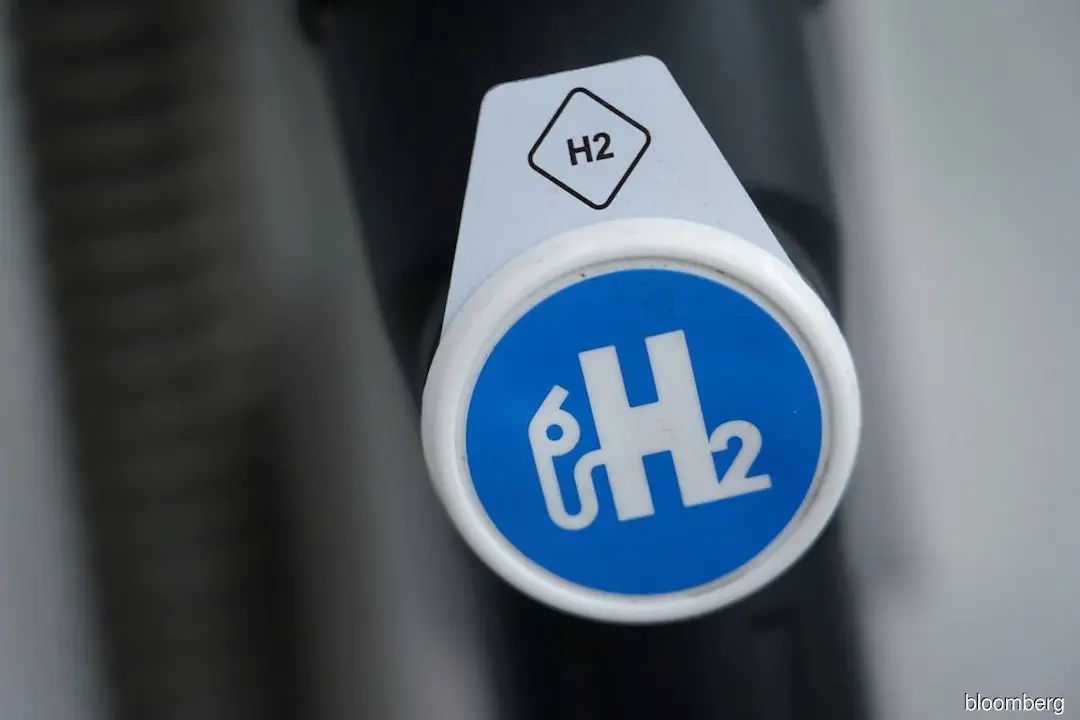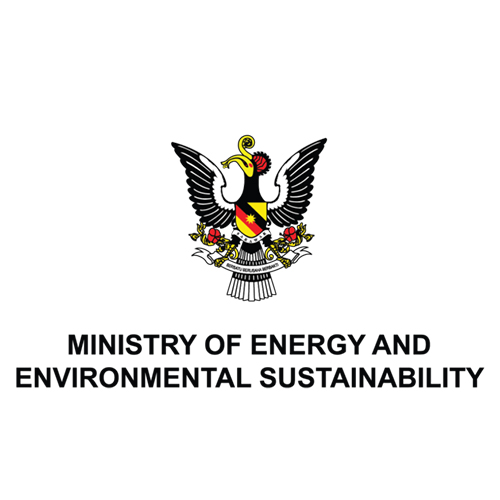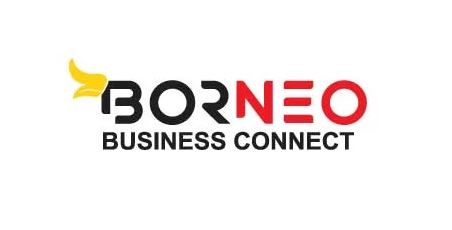KUALA LUMPUR (Feb 26): Sarawak is forming several partnerships for green hydrogen projects said to be worth a total of US$4.2 billion (RM20.7 billion), which include the development of large-scale hydrogen plants at the Sarawak Hydrogen Hub in Bintulu and the Rembus Depot near Kuching.
It is understood that SEDC Energy Sdn Bhd, a subsidiary of the Sarawak Economic Development Corp (SEDC), will be signing at least three agreements this week, as the state forges ahead with its plans to produce the green energy for both exports and domestic use.
“The feasibility study is already done and several agreements will be signed at the Borneo Energy Transition Conference [to be held this week],” a source told The Edge.
When contacted, SEDC Energy CEO Robert Hardin confirmed with The Edge that the state is finalising agreements for two large-scale green hydrogen projects that will form part of the Sarawak Hydrogen Hub.
The first is a tripartite agreement, called Project H2ornbill, between SEDC Energy and two Japanese firms — oil firm Eneos and trading house Sumitomo Corp — for the development of two hydrogen producing plants, Hardin said.
SEDC Energy is also collaborating with three South Korean companies — Samsung Engineering, Posco and Lotte Chemical — to develop hydrogen derivative facilities under a second project, namely Project H2biscus, he added.
Concurrently, Hardin said SEDC Energy is forming a joint venture with Gentari, Petroliam Nasional Bhd’s (Petronas) green energy arm, to develop common facilities for the Sarawak Hydrogen Hub.
“The common facilities include the pipelines to support the H2ornbill and H2biscus plants. Earlier, these plants were designed to be standalone, but we found that it would be more efficient to integrate the common facilities,” he said.
The first phase of the hub will start operating in 2028, Hardin added.
Combined, H2ornbill and H2biscus could produce 240,000 tpa of green hydrogen, making the Sarawak Hydrogen Hub one of the largest producers of the clean energy globally. Sarawak is looking to produce close to 2,000 tonnes of green hydrogen for local consumption.
Presently, China is the largest producer of hydrogen, which powers heavy vehicles such as lorries and trucks as well as some of its industries.
However, according to Hardin, most of hydrogen is not considered as green energy, as it utilises hydrocarbons such as oil and gas to extract hydrogen gas from water.
“The new technology now is to extract hydrogen through electrolysis from water, and for it to be green; the power sources will be coming from hydropower,” Hardin told The Edge.
This bodes well for Sarawak, which has abundant hydropower resources. Its total capacity for hydroelectric power is currently about 3.5GW. It is looking at obtaining another 15GW of hydropower generation, including via the cascading dam method.
First local company to build hydrogen plant
Meanwhile, to support the Rembus Depot, which is part of the Kuching Urban Transportation System (KUTS), SEDC Energy plans to develop a hydrogen production plant and refuelling station.
Sources told The Edge that SEDC Energy will be signing tripartite agreements with Sarawak Metro Sdn Bhd and O&G firm ICE Petroleum Group this week to develop the green hydrogen plant at the Rembus Depot for local use. The depot is the central hub of the Autonomous Rapid Transit (ART), which is part of KUTS.
The plant, targeted for completion by 2025, is projected to produce about 1,900 tonnes of hydrogen per year, and will cost about RM400 million-RM500 million to build.
Hardin declined to comment on details of the partnership, but confirmed that ICE Petroleum will be taking on the engineering, procurement, construction, installation and commissioning (EPCIC) portion of the project.
Sarawak Metro is the implementer of ART, which will serve as the backbone system to minimise and alleviate traffic congestion in Kuching.
An oil and gas EPCC outfit based in Kuala Lumpur, ICE Petroleum acquired a 51% stake in Wood Group Engineering Sdn Bhd in 2022.
In 2020, it was a takeover target of TH Heavy Engineering Bhd, but the deal did not pan out.
When contacted, group managing director Abdul Jalil Maraicar told The Edge that ICE Petroleum has been actively looking to expand its expertise in the renewable energy sector, in line with the global movement towards net zero emissions.
With Sarawak’s green hydrogen venture making significant strides, it is well placed to lead the net zero carbon economy.
The initiatives are also in line with Sarawak’s Hydrogen Economy Roadmap, which focuses on utilising hydrogen to make the Land of the Hornbills a developed state by 2030.









